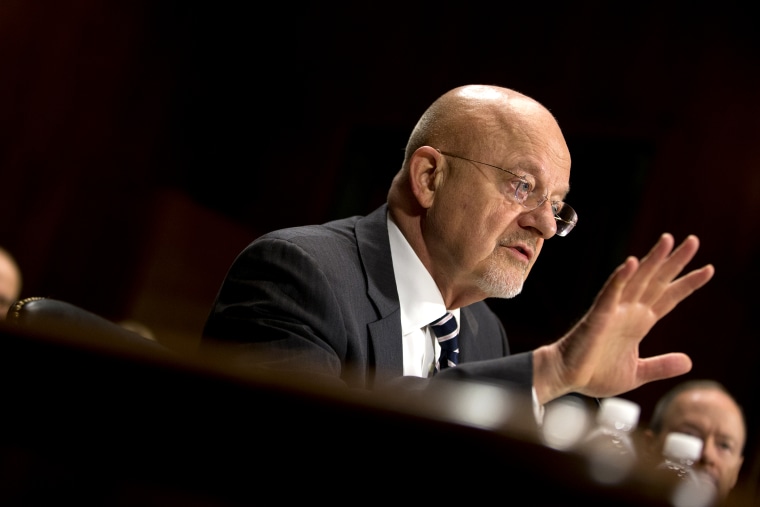Too often it seems that for a foreign policy move to be considered a success, it must involve the use of force. It's likely why so much of the political establishment remains critical of the Obama administration ridding Syria of its chemical-weapons stockpiles -- no missiles means no triumph.
The fact remains, however, that President Obama and his team continue to put together some important victories that resulted from careful diplomacy, including
these developments announced over the weekend.
North Korea released two Americans who had been accused of trying to subvert the secretive state, after the director of national intelligence for the United States flew to the country on a secret mission and left on Saturday with the men aboard his aircraft. The plane carrying the Americans -- Kenneth Bae and Matthew Todd Miller -- and the national intelligence director, James R. Clapper Jr., landed at Joint Base Lewis-McChord, near Tacoma, Wash., about 9:15 p.m. Pacific time on Saturday.
As the New York Times' report noted, Clapper, the nation's most senior intelligence official, has no background in diplomacy. But in this case, the White House saw the DNI as perfectly suited for a clandestine mission, which went extremely well.
The Associated Press
reported that North Korean officials had "passed word they wanted a high-ranking U.S. government official" to discuss the release of the American prisoners, and the president and his team saw Clapper as a unique asset under the circumstances: "The spy chief was senior enough to convey a message of respect to the North Korean. But he is not a diplomat, so he could beg off any unrelated demands the North Koreans may have made."
When Clapper returned with Miller and Bae, the evidence of success was obvious.
The timing doesn't hurt -- Obama left Washington yesterday for meetings in China, including discussions with President Xi Jinping.
More from the AP
report on the mission to North Korea:
A senior Obama administration official said Obama approved the mission last week. Clapper spent roughly a day on the ground and met with North Korean security officials, but not North Korean leader Kim Jong Un, according to the official, who was traveling with Obama to Asia. Clapper went for the sole purpose of bringing home the two detainees, although the U.S. anticipated that other issues of concern to the North would come up during Clapper's discussions, said the official, who wasn't authorized to comment by name and demanded anonymity.
The official added that as part of the successful negotiations, there was no quid pro quo. On the contrary, Clapper
reportedly told North Korean officials "that for a resumption of relations with the United States, North Korea had to deliver on its past promises to dismantle a nuclear program now believed to have six to a dozen weapons."
Naturally, one can hope that developments like these will mark a shift in posture for North Korea, though the regime's erratic behavior makes it almost impossible to predict.
Either way, the White House deserves credit for another foreign-policy success story.
